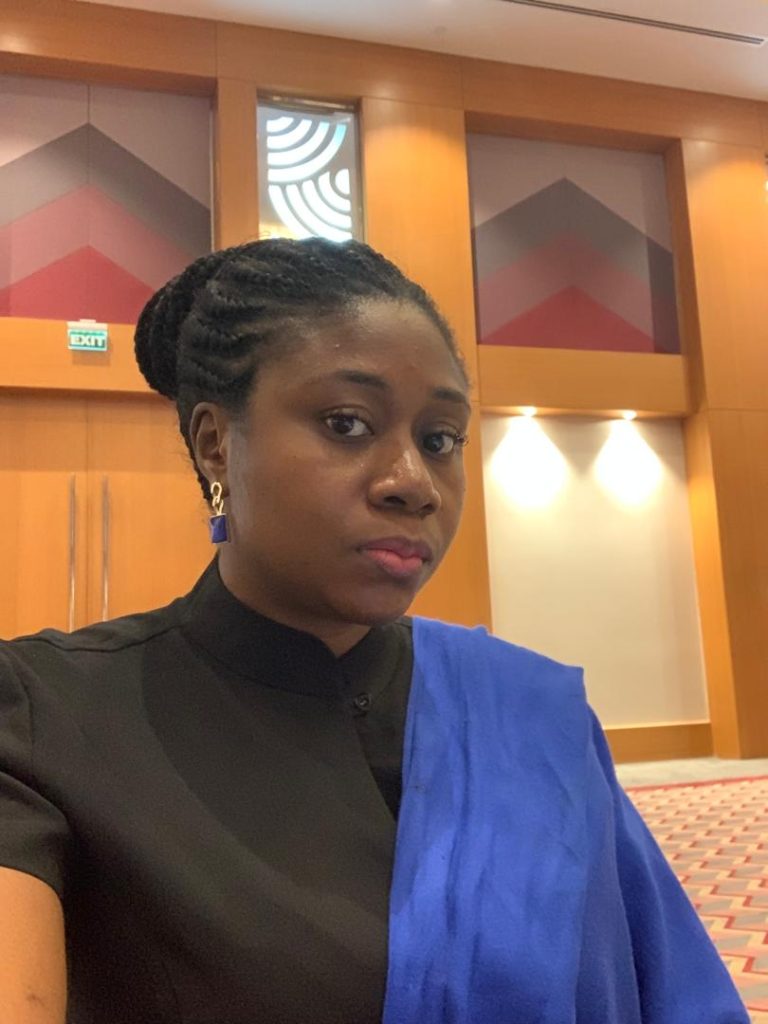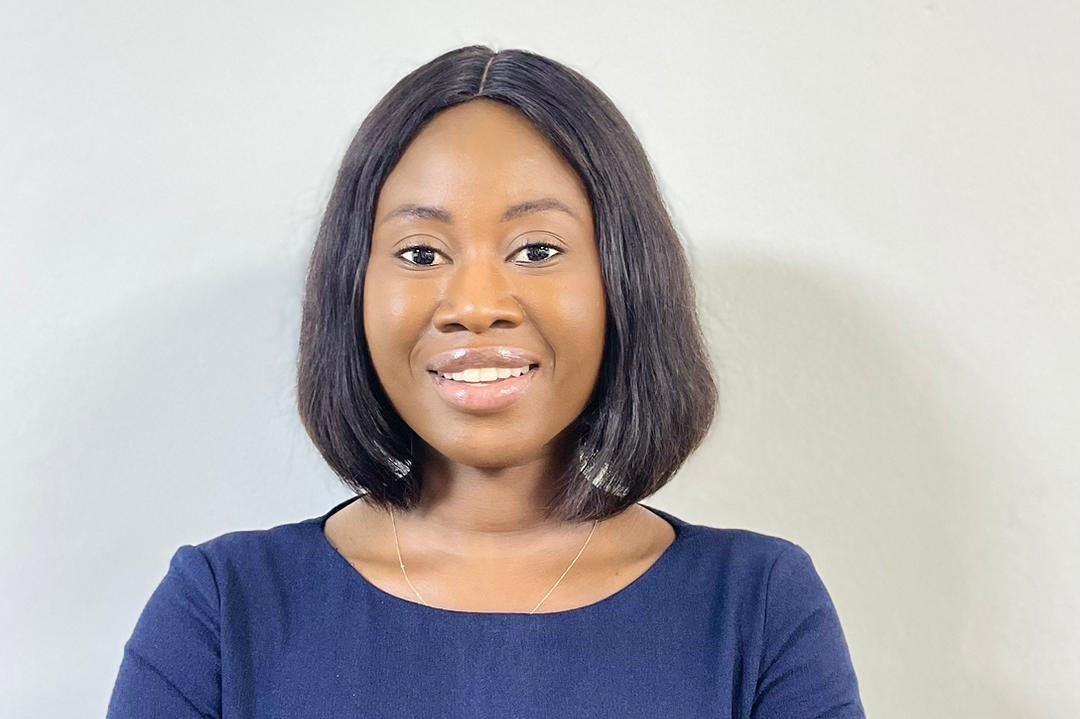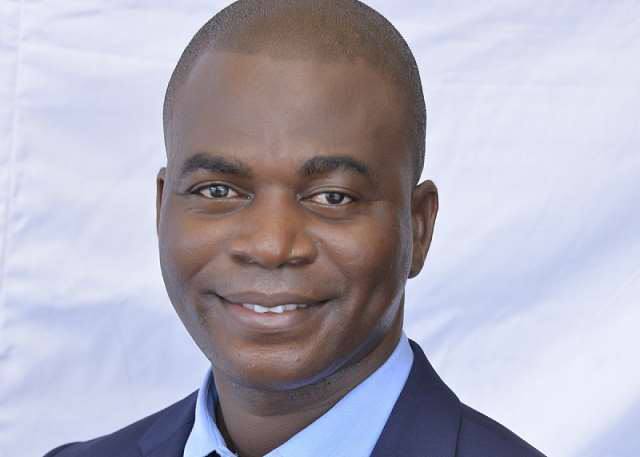This week on Comms Spotlight, we meet a professional using her passion for Communications to create impact in the Health sector. Oluwatobiloba Akerele Communications Advisor at Management Sciences for Health. On her unique career journey, she’s worked in the energy sector and led multi-national teams before deciding that she wanted to contribute to global health and development.
What do you do as the Communications Advisor at Management Sciences for Health?
As the Communications Advisor at Management Sciences for Health, I lead Strategic Communications for the U.S. President’s Malaria Initiative for States (PMI-S) project. I facilitate knowledge and skills transfer sessions on creative writing, knowledge management, and photography.
I lead the development and dissemination of evidence-based success stories, factsheets, advocacy briefs, social media posts, videos, and other communication and knowledge products. The products highlight PMI-S results and lessons to sustain donor support and enable local investments.

How and why did you begin your career in Communications? How did you grow over the years?
I have always known that I want to be in communications. I wielded a unique power of poetic licensing which I used effortlessly in my write-ups even as a teenager. My major education degrees were earned in Communications.
I served as a Communications intern in the energy sector for 2 years and worked for some time at a radio station, where I gained hands-on experience developing timely news stories and engaging broadcast content. I took on a Lead Communications and Marketing role where I managed multi-country teams across 4 African countries to ensure the best corporate image and remarkable return on investment for a profit-driven organisation.
I wanted to expand on this experience to contribute to global health and development. I provided voluntary services to organisations doing impactful work in development and global health. I consistently learn about health and development communications and adapt to new technologies. These earned me health communications roles in the non-profit sector. I am proud of the initiatives I have led to drive communications as a force for social good.
God helped me to grow my career over the years by guiding me and sustaining me with strength, wisdom and perseverance even when naivety made me fall.
What is a major career challenge you’ve faced on your journey and how did you overcome it?
One major challenge I faced was making a business case for communication in the non-profit sector. I overcame this by producing data-driven, and evidence-based content. I also measure and communicate my results with data. This demonstrated my work’s value to a large extent.

What changes would you like to see in the practice of Communications in Nigeria?
Some changes I’d like to see in Communications in Nigeria include recognising the need for investment in communications as a strategic function to reach people even at the grassroots and address socio-economic issues with home-grown solutions.
Tell us about the peculiarities that come with Communications in the Health Industry.
Communication in health requires life-long learning to understand scientific and global health issues. This will enable seamless translation of complex topics for easy comprehension by diverse audiences. It is also important to consider donors’ preferences, cultural sensibilities, and equity factors influencing people’s health decisions before producing content.
What advice would you give your younger professional self?
My advice to my younger professional self is to always pick the lesson in every professional situation. I recently started my professional lessons journal that guides me. I will also advise my professional younger self to celebrate wins and achievements better.





